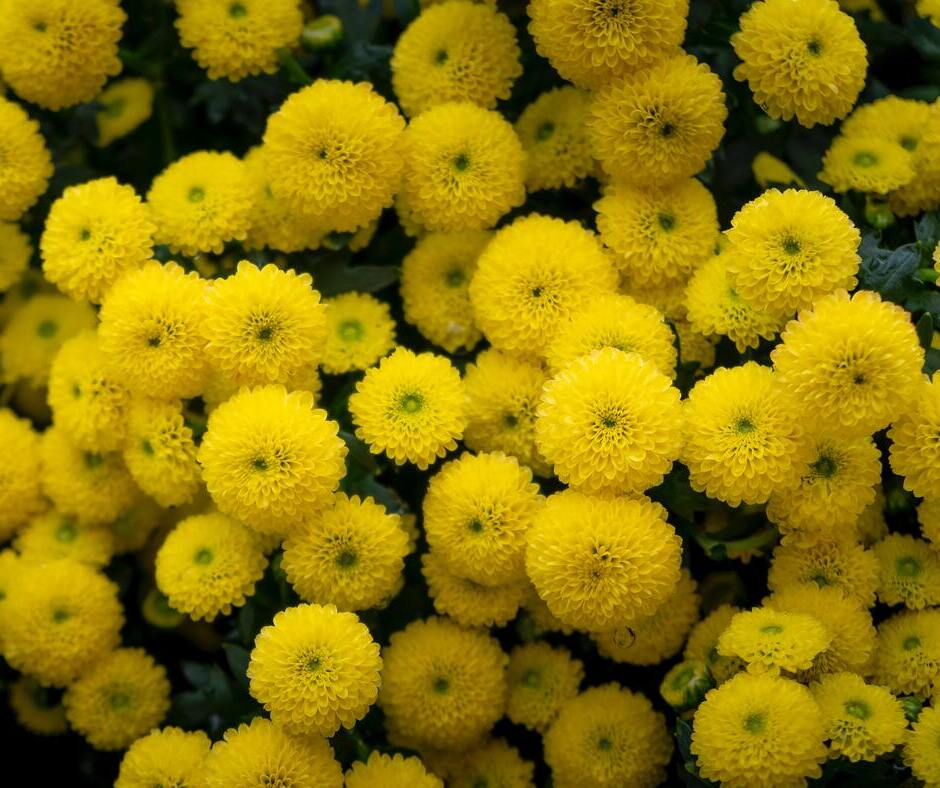
Pollen allergy? 5 tips to prevent symptoms
Spring is almost here! Longer days, sunshine, afternoons in the park, and… an annoying pollen allergy? We have some tips for you.
Reading time: 6 minutes.
Spring is a colorful season as the temperature begins to rise and plants begin to bloom again. For many people, however, this period is not so joyful: sneezing, watery eyes, stuffy or runny nose, and wheezing…
If not from personal experience, we all know someone who faces this.
But what is an allergy?
An allergy is an abnormal reaction of our organism against foreign substances that are not harmful. In other words, the body overreacts to something that is not dangerous!
Estimates of the incidence of allergies range from 10% to 30% of the population. On a global scale, the problems are more prevalent in the industrialized world and occur more among the young than among the elderly.
The “hygiene hypothesis” partly explains this. This hypothesis states that, due to the constant improvement of hygiene and prevention of childhood diseases, the human immune system does not learn to respond “normally” to harmless stimuli.
Allergens can be of many different types: plant pollen, animal dander, dust mites, molds, components of certain foods… the list is endless!
Allergens can “attack” the body by inhalation, ingestion, injection, or through the skin. As a result, the body’s reaction can take different forms:
- Respiratory problems: runny nose, sneezing, nasal congestion, narrowed airways, wheezing.
- Skin problems: redness, hot skin, itching, rashes.
- Eye problems: red eyes.
- Generalized symptoms: low blood pressure, fever, shock.
So one allergy is not the same as another!
Drug allergies are often the most dangerous. Perhaps the best-known examples in this context are allergies to certain antibiotics such as penicillin. This type of allergy can lead to anaphylactic shock, which can be fatal.
Pollen allergy is usually not life-threatening, but that does not mean that it is not extremely uncomfortable.
We have 5 tips for you!
Eliminating this allergen from our surroundings is almost impossible, but we can try to reduce our contact with it:
- Wash your hair before going to bed. This will prevent pollen accumulated on your hair and skin from settling on your pillow.
- Wash your sheets and clothes as much as possible. Do not leave them outside to dry!
- Avoid sleeping with the window open.
- Choose to ventilate your room early, before pollination. During the pollination period, pollens are particularly abundant in the late morning and early afternoon. They are also plentiful on very sunny days, without precipitation and with moderate wind. Conversely, rain reduces the amount of pollen in the air.
- Wear sunglasses to protect your eyes from pollen and a hat to limit the accumulation in your hair.
We share with you this article with more tips to prevent the onset of allergies.
If you have doubts about the origin of the allergy or if the symptoms are too uncomfortable or prevent you from carrying out your daily activities, talk to your doctor!
Also, remember that some natural remedies and food supplements can help you counteract the effects of allergies. Our recommendation as a natural antihistamine and allergy reliever is Grape Seed OPC.


